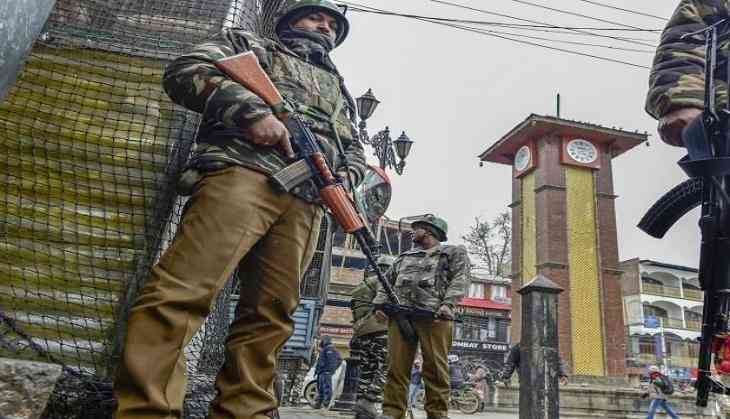
New Delhi on August 5, 2019, scrapped the controversial provision ‘Article 370’ related to the Indian state of Jammu & Kashmir. The provision that granted special status to Jammu & Kashmir was abrogated and the state was bifurcated into two Union Territories, Jammu & Kashmir and Ladakh.
Restrictions were imposed on Jammu & Kashmir by the central government in order to prevent unwanted escalation of violence.
Mobile services were suspended in Kashmir except in Handwara and Kupwara areas in the north, while internet services, across all platforms, continued to be snapped in the Valley. Shops and businesses remained shut for the 54th consecutive day and the curfew is still in place in some areas.
After Prime Minister of Pakistan, Imran Khan took the issue on the global stage, 14 US Congressmen have urged Prime Minister Narendra Modi to address concerns over the human rights situation in Kashmir and lift the communications blackout.
A statement, addressed to Prime Minister Modi, was issued jointly by Congressmen Gilbert R. Cisneros, Jr, Judy Chu, Pramila Jayapal, Carolyn Maloney, Gerald Connolly, Ilhan Omar, Barbara Lee, Al Green, Zoe Lofgren, Andy Levin, Mike Levin, James P. McGovern, Jan Schakowsky, and Katie Porter.
“On behalf of thousands of families across the country who have been unable to contact family in Jammu and Kashmir, we are urging Prime Minister Modi to lift the communications blackout and address the ongoing humanitarian concerns,” the lawmakers said in the joint statement.
“India is an important US partner and the world's largest democracy. As such, we hope that the Government of India will demonstrate leadership and lift these restrictions. The people of Jammu and Kashmir deserve the same rights as any other citizen of India,” the statement said.
On the other hand, India still maintains that Kashmir is a ‘bilateral issue’ with Pakistan and it can be resolved without any mediation from a third party. India’s stand on the abrogation of Article 370 states that it is an ‘internal matter’ and the restrictions in the Kashmir valley were put to prevent Pakistan from creating ruckus through proxies and terrorists.


